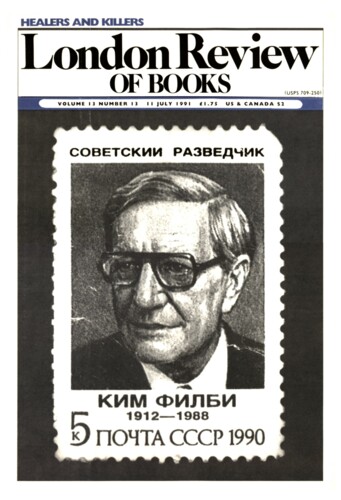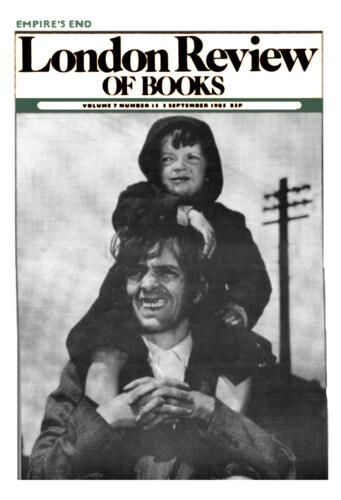When Alix Strachey, translator of Freud, went to Berlin in 1924 to seek psychoanalysis with Freud’s colleague, Karl Abraham, her most momentous acquisition, in an accumulation consisting inter alia of books, antique knick-knacks and (to a compulsive extent, on the evidence of her letters) of Apfeltorte under lashings of cream, was a then little-known child-analyst of Polish-Slovakian extraction named Melanie Klein. It was largely thanks to the efforts of Alix and her husband James in bringing Klein to the attention of the British Psycho-Analytical Society that she moved to London in 1926 after the death of Abraham. He had been Klein’s mentor and analyst, and without him she had little defence against the hostility that was surfacing in the Berlin Society and that she was to provoke in one form or another throughout her career. Klein was, by general consent, not an easy person, but Alix Strachey (no pushover herself) quickly came to a warm appreciation of her qualities of mind even while considering her a testimonial to the effects of psychoanalysis on the grounds that ‘she’d be almost intolerable if she had’nt [sic] been well basted by it.’ In personal matters Alix was intolerant: Klein, she said, ‘dances like an elephant’ – a severe handicap when the major preoccupation in Twenties Berlin was party-going. Alix clearly found vulgar Klein’s penchant for dressing up for these parties ‘as a kind of Cleopatra – terrifically décolletée – and covered in bangles and rouge’ and for being ‘frightfully excited and determined to have a thousand adventures’. But ‘my respect for her continues to grow. She’s got not only vast hoards of data, but a great many ideas, all rather formless and mixed, but clearly capable of crystallising in her mind.’ Alix sent a résumé of one of Klein’s papers for discussion in the British Society (fertile ground already since an interest in child analysis had been evinced by several of its members, including Nina Searl, Ella Sharpe, Susan Isaacs, Donald Winnicott and Barbara Low). Ernest Jones, the President and later Freud’s biographer, was enthusiastic (‘absolutely heart-and-soul whole-hogging pro-Melanie’, according to James Strachey). In July 1925 Klein visited London to give a course of lectures on child analysis, and her arrival for good in 1926 was a most natural consequence. Britain was to remain her home until she died in 1960, and the British Psycho-Analytical Society the vehicle for an extraordinarily creative and controversial career, a vehicle which was nevertheless driven almost to disintegration by the wrangles and bitterness that career provoked. That these animosities and the gossip on which they fed persisted for so long makes especially welcome Phyllis Grosskurth’s scholarly book, the first full biography of Klein.’
When Alix Strachey, translator of Freud, went to Berlin in 1924 to seek psychoanalysis with Freud’s colleague, Karl Abraham, her most momentous acquisition, in an accumulation consisting...





